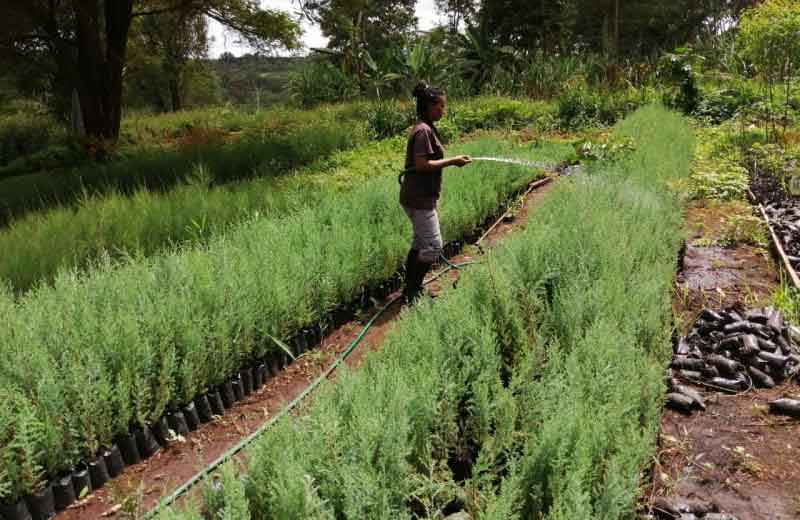×
The Standard e-Paper
Home To Bold Columnists

Mention the word Climate-Smart Agriculture in a Farmers’ Field Day forum in the village and many of them may assume you are talking about something technical and far-fetched.
Interestingly, the concept which was crafted by the United Nations is simple and highly impactful in the fight against climate change. Farmers are practicing it daily on their farms without realising it. So what does it entail?